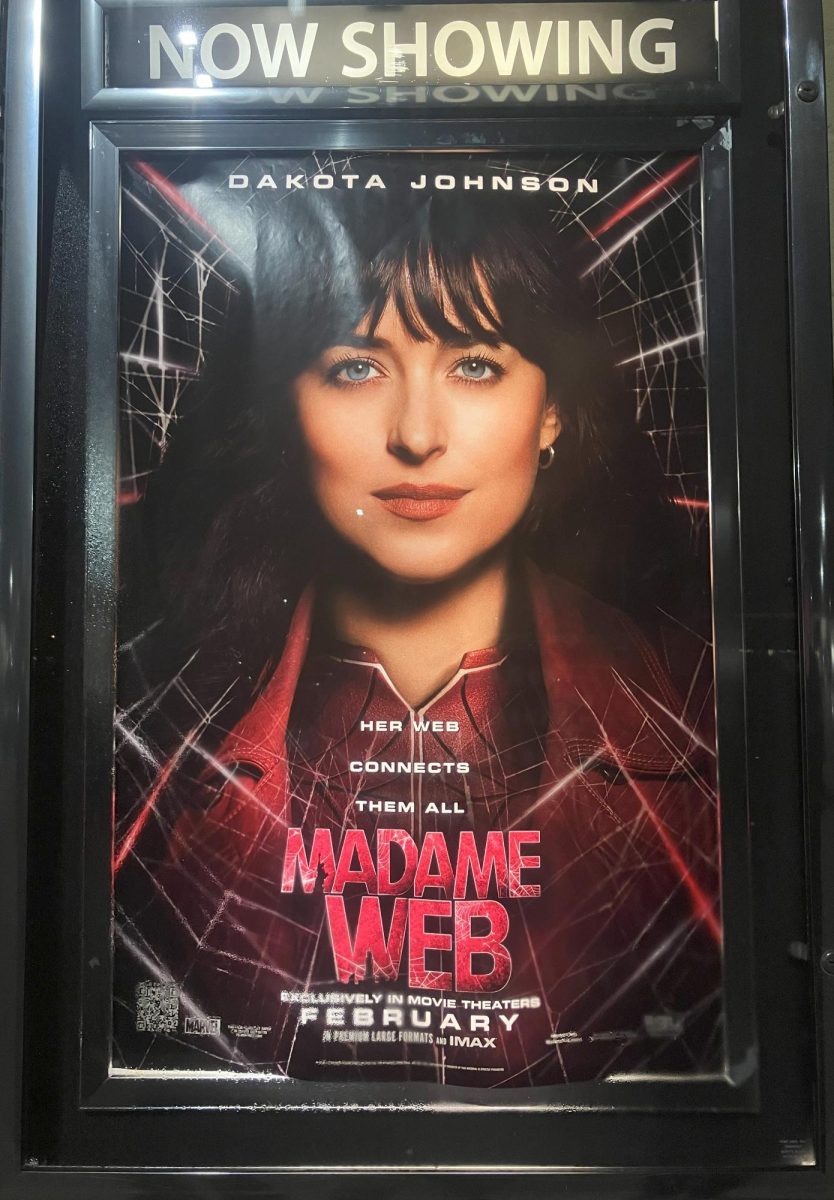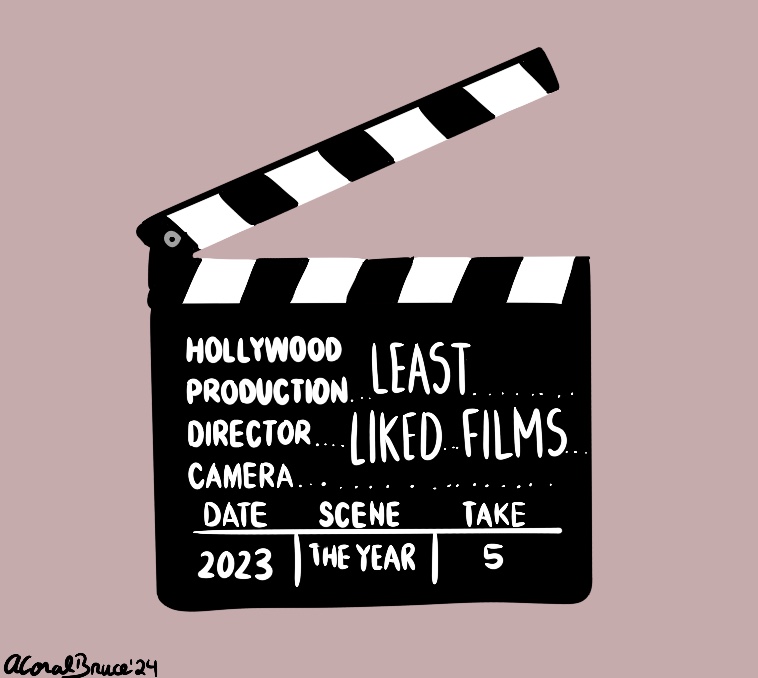As the cold days of winter approach, it gets easier to convince oneself that an extra five minutes in a hot shower or cranking up the heater a couple more degrees won’t hurt. And despite recent sunny weather, soon the days will shorten and we’ll use more electricity by turning on the lights more often. And if you’re anything like me and become gloomy from dark days along with the stress of midterms, you might begin to get caught up in these excuses to keep yourself from going crazy! But there is hope!
This past Monday the 14th, Dr. Gary Machlis, Science Advisor to the Director of the National Park Service and Professor of Conservation at the University of Idaho, gave an inspiring speech about the Ecology of Hope and Devastation in terms of the effects of warfare on ecology, which he began by describing the ambivalence of human interactions with the environment. How does this relate to sustainability, you ask? Well, one goal of sustainability is to preserve the natural resources of Earth for future use, therefore, human interactions with the environment is a huge factor in this.
In this discussion, he explained what he called “the ecology of hope”, and touched on key aspects related to sustainable practices, such as urban agriculture. How exactly is this a symbol of hope? In terms of sustainability, participating in activities such as urban gardening gives communities a healthy way to fresh food that reduces negative environmental impacts by reducing the carbon footprint of transporting foods across the country or reducing chemicals used in the mass-production of foods by not consuming it. However, in terms of this “ecology of hope”, investing in sustainable practices today is investing in a better future. Dr. Machlis continued to mention the importance of time, meaning most major problems won’t be solved right away, but through smaller everyday practices and goals.
So, cutting that hot shower down to 10 min instead of 15, or adding an extra blanket instead of cranking up the heat really does make a difference in the long run. Of course it takes more than this to reach the overall goal, but this isn’t to deter you from doing these little things, it’s to encourage. Together, these little things will add up to big things and before you know it, sustainability becomes second nature. Find tips on how to be more sustainable on fliers around campus or talk to someone from the Sustainability Office. Together we can make a difference.
-Sustainability Board






